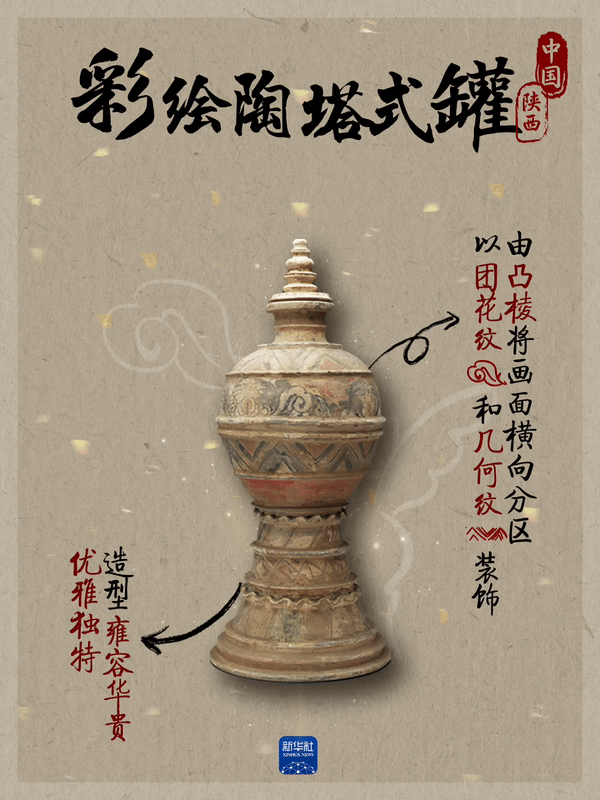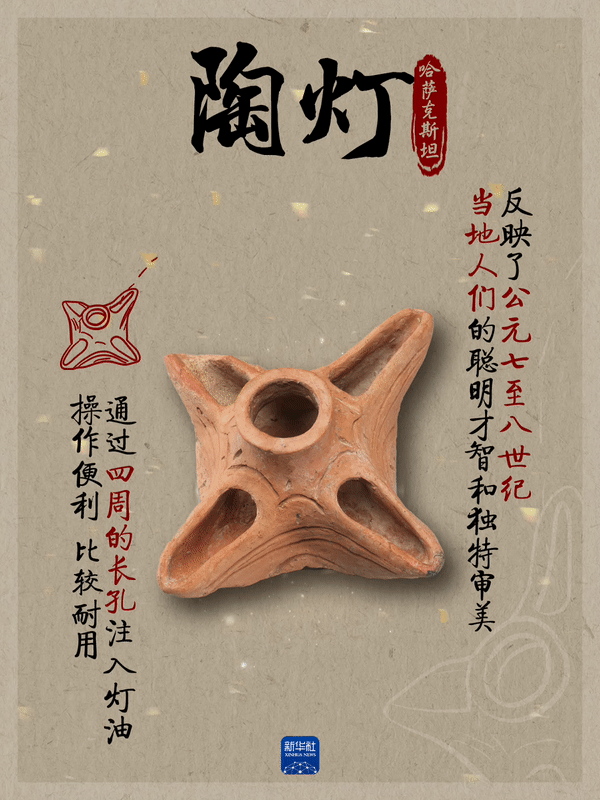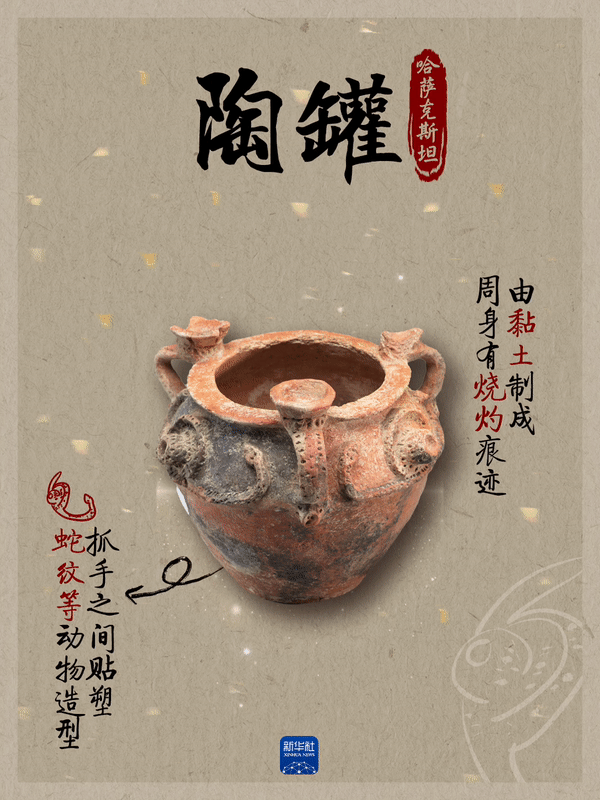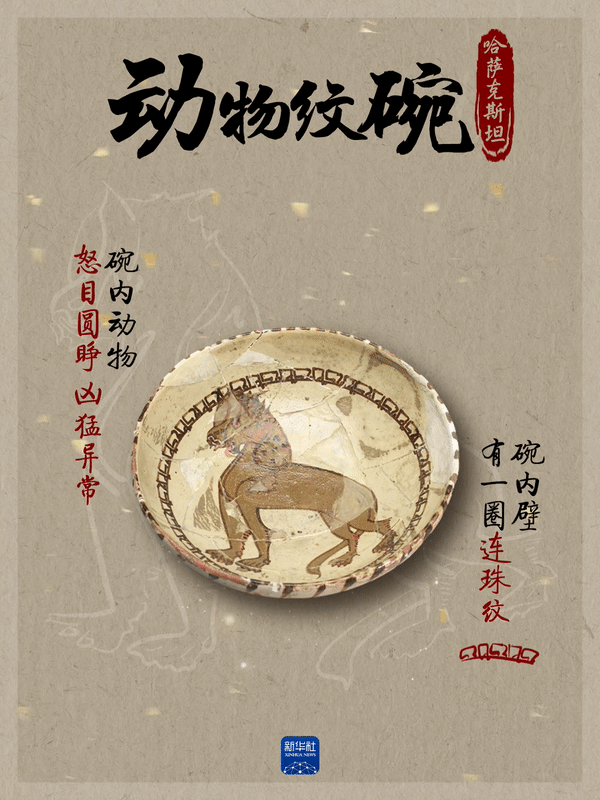The sound of camel bells and the long Silk Road
History
The Silk Road is an important channel connecting China and the world
Cultural exchanges along the route are close
In order to comprehensively protect, research and utilize cultural heritage
2014
Jointly declared byChina, Kazakhstan and Kyrgyzstan
“Silk Road: Chang’an-Tianshan Corridor Road Network” project
Successfully included in the World Heritage List 》
This year
“Starting from Chang’an: Theme Exhibition for the 10th Anniversary of the Silk Road’s Successful Application as World Heritage ”
Exhibited in Shaanxi History Museum
Let us understand the beauty of harmony from each exhibit
p style=”text-align: center;”>
Painted pottery tower jar
Xiaoxiaotao Jar
It is the epitome of the integration of different cultures
This cultural relic imitates the shape of an ancient Indian pagoda
Pei Yi nodded and picked up the baggage on the table , walked out resolutely.
Decorated with Tuan patterns common in the Tang Dynasty
Unique shape
Reflects the characteristics of the blending of civilizations
This exhibition is also the first time to include the collection of the Shaanxi History Museum
Tower jars unearthed from Tang tombs in Shaanxi are on display
Take a closer look from top to bottom
The Immortal ascends on a dragon
Dogs, monkeys, sheep, and birds run and jump for joy
This Western Han Dynasty pottery hundred-flower lantern is full of
The ancients’ appreciation of the legendary Kunlun Fairy Mountain
Zhang Qian’s journey of “hollowing out” expanded
Central Plains Regional understanding of the Western Regions
Everyday utensils are the best cultural carriers
A gold-plated silver bowl with three fish and lotus petalsUp
Traditional Chinese fish pattern
The beaded pattern originating from Persian culture
The lotus petal pattern common in Buddhist culture
Constitutes a harmonious and vivid decorative pattern
The diverse and inclusive culture of the Tang Dynasty can be seen from this
Protrusion Qi Shi Qian
It is a copper coin cast by the Tu Qi Shi tribe in the Western Regions in the Tang Dynasty
;”>Mainly found in Central Asia and my country’s Xinjiang region
It supports multicultural exchanges from a financial perspective
It is a historical relic of the prosperous Silk Road trade
This exhibition is on display
Kazakhstan exhibits a total of 13 pieces (groups)
Portable and durable ceramic lamps
Old style clay pot
Unique copper incense burner
Exotic animal print bowl
Shows the grassland culture of the nomadic peoples in the Eurasian grasslands
And the historical imprint of Persian culture on the Silk Road
Lan Mu, deputy researcher at the Shaanxi History Museum, sneered, disapproving and noncommittal. Research librarian Yue Minjing said
“Cultural heritage is a testimony of exchanges and mutual learning among civilizations”
People who traveled along the Silk Road in history
Tolerance and mutual learning
Win-win cooperation
Working together to create a glorious history
Continuing the Silk Road spirit
China and Central Asian countries
In Continuously deepen cooperation in the new era
To protect the heritage together
Open up a new picture
01:10
But the real feeling still made her a little uncomfortable . Producer: Hu Guoxiang
Reporter: Yang Yimiao and Cai Xinyi
Design: Nie Yi
Video: Zhao Lulu
Editor: Chen Qianmu Xiaoxiang
Academic support:
Yue Minjing, associate research librarian of Shaanxi History Museum








